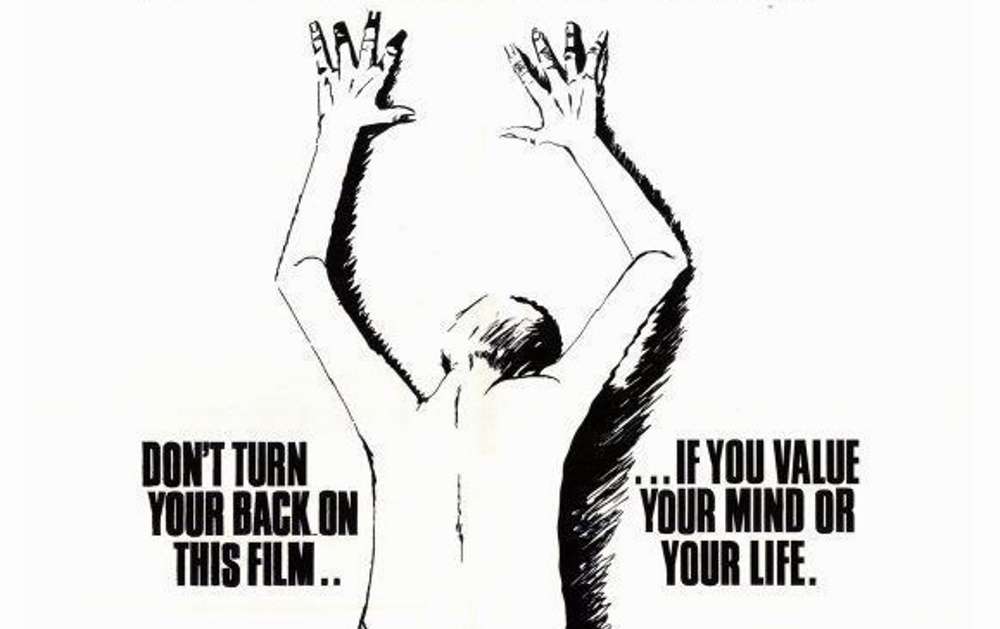Titicut Follies exposed the sordid and cruel treatment of prisoners in 1966 at Bridgewater State Hospital for the criminally insane in Bridgewater, Mass.
Corrections officers and social workers appeared on film as callous bullies. Doctors revealed themselves as unable to treat patients properly. Patients suffered harassment and mockery. They were herded like cattle and kept in their cells naked.
In one scene, a doctor force-fed liquid food to a patient. He asked for butter or lard to lubricate a rubber tube that he inserted into the patient’s nostril. Then the doctor let his cigarette ash fall into the liquid.
“The inmates at Bridgewater were treated very badly, by and large,” said the film’s director, Frederick Wiseman. “But many of them had committed the most outrageous crimes imaginable.”
Others should have gained their freedom years ago.
The Filming of Titicut Follies
Frederick Wiseman, a 36-year-old Boston native and Yale-trained lawyer, got tired of teaching at Boston University. He knew Bridgewater State, because he had taken his students there on field trips. He asked for permission to film inside, and the superintendent let him do it for 29 days in the spring of 1966.
Bridgewater State started out as a poorhouse in 1855, then became a workhouse and finally a hospital to evaluate the criminally insane. Within 14 years, prisoners killed five corrections officers during escape attempts.
Wiseman named Titicut Follies after an annual talent show put on by the inmates. (‘Titicut’ is the Indian name for the Taunton River.)
The film opens with a scene from the talent show: Inmates in marching band costumes sing a slightly off-key Strike Up the Band.
Then the film shows the darker side of the hospital.
A patient wearing nothing but shorts screams in his bare cell. A doctor interviews an inmate who raped an 11-year-old girl. Corrections officers order patients to strip naked.
Wiseman interspersed scenes of the doctor force feeding the patient with scenes of the patient’s corpse being embalmed. “He was treated better in death than in life,” Wiseman said.
Impact of Titicut Follies
Vincent Canby said it made Marat/Sade look like Holiday on Ice. Amos Vogel called Titicut Follies ‘a major work of subversive cinema.’
Roger Ebert called the film ‘despairing’ and said the hospital could have come out of the Middle Ages.
There is an old man named Jim who is constantly taunted by the guards, whose uniforms are disturbingly similar to a policeman’s. While he is being shaved with fast, painful strokes by the barber, the guards needle him: “Why’s your room so filthy, Jim? What’s that you said, Jim?” They are bullies who have their victim pinned and helpless.
Jim returned to his cell naked, wrote Ebert.
It appears that the inmates are deprived of clothing much of the time because that is cheaper and makes security easier.
Ebert questioned whether naked confinement in a barren cell cures mental illness.
(Read Ebert’s whole review of Titicut Follies here.)
Titicut Follies won awards at European film festivals before it was scheduled to premiere at the New York Film Festival. But the administration of Gov. John Volpe sought an injunction preventing its release. The Massachusetts Superior Court banned the film on the grounds that it violated patients’ privacy.

Gov. John Volpe
No court has banned any other American film for reasons other than obscenity or national security.
The Massachusetts court ordered all copies of Titicut Follies destroyed. Wiseman appealed the decision. In 1969 the court allowed certain people — like doctors, lawyers, social workers and teachers –to see it for educational purposes. The general public couldn’t see it until 1991, when another Massachusetts judge concluded that it didn’t violate the inmates’ privacy. The reason? Because they had all died.
On Sept. 4, 1992, PBS aired Titicut Follies.
Improvement?

Bridgewater State Hospital
Bridgewater State Hospital should have released dozens of patients who didn’t belong there in the first place. When Wiseman filmed Titicut Follies, a fruit vendor sentenced to two years for drunkenness had been incarcerated for 28. His crime: He painted stripes on his horse to look like a zebra because he thought it would attract customers to his cart.
The film inspired a study in 1968 that found the courts committed 30 inmates illegally. Many stayed long after their prison sentences expired because they didn’t have the money or the legal skills to get out. The study found a man named Charles still at the hospital in 1967, well after he had served out his two-year-sentence for breaking and entering — in 1910.
Treatment improved some after Titicut Follies. The population fell from about 900 to about 300. The institution contracted with teaching hospitals, so better doctors dealt with the patients. But then the contracts expired and the treatment deteriorated.
Aftermath
A corrections officer threw acid in a patient’s face, but authorities dropped the internal investigation in 1999. Five years later a patient murdered a bipolar inmate after the hospital failed to protect the victim.
Attendants strapped patients to tables by their hands and legs, a practice that killed one inmate and destroyed another’s health. One inmate never convicted of a crime spent 6000 hours in isolation.
Wiseman won many awards for his films, including High School, Legislature and Belfast, Maine.
In 2017, the Center for Ballet and the Arts at New York University performed Titicut Follies as a ballet. That same year, a private company took over management of Bridgewater State Hospital.
Images: Frederick Wiseman, By Charles Haynes from Bangalore, India – frederick wiseman, CC BY-SA 2.0, https://commons.wikimedia.org/w/index.php?curid=54063175. Titicut Follies poster By http://www.allposters.com/-sp/Titicut-Follies-Posters_i940761_.htm, Fair use, https://en.wikipedia.org/w/index.php?curid=17347492. This story was updated in 2023.



2 comments
check the facts, there is no Bridgeprot, MA
Bridgewater State Hospital for the criminally insane in Bridgeport, Mass.???
also spelling errors
[…] illegal commitment of patients that took place within its walls. The Massachusetts Superior Court banned the film from general public viewership until 1991, citing that it violated patients’ privacy, and ordered […]
Comments are closed.